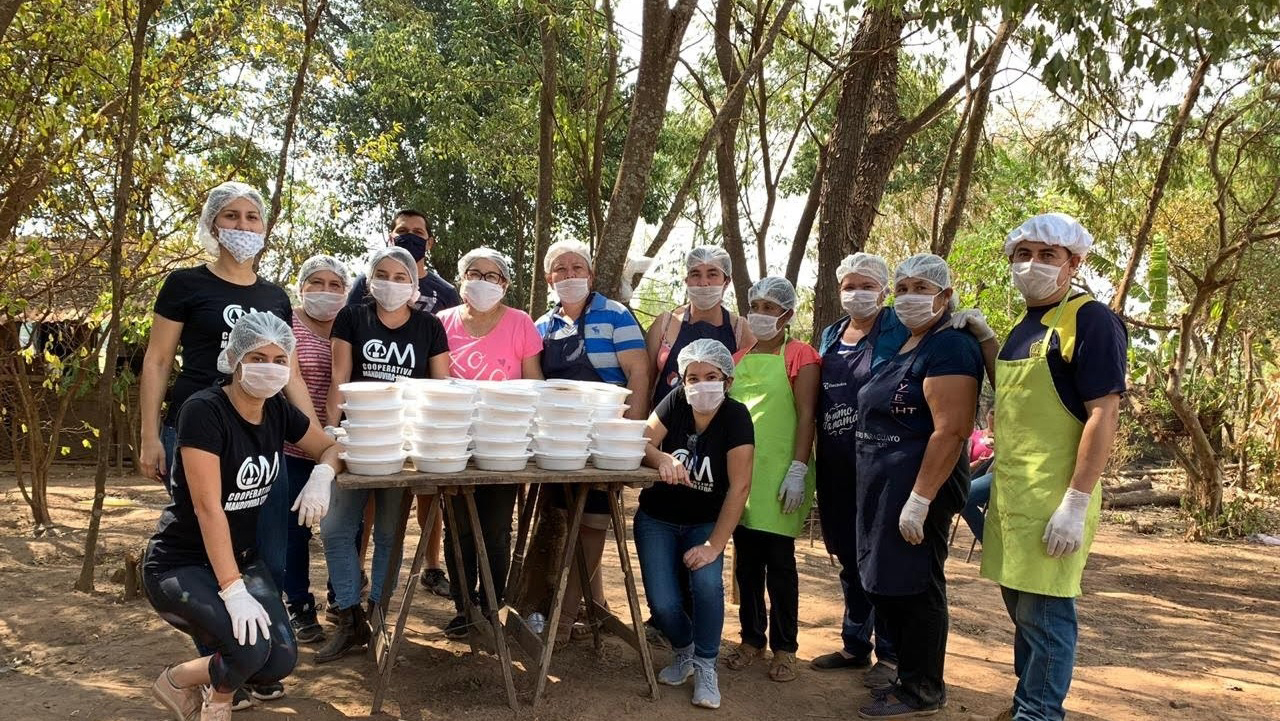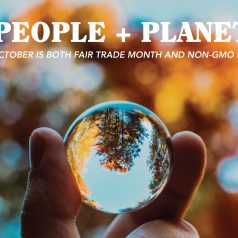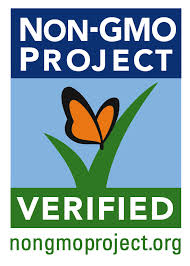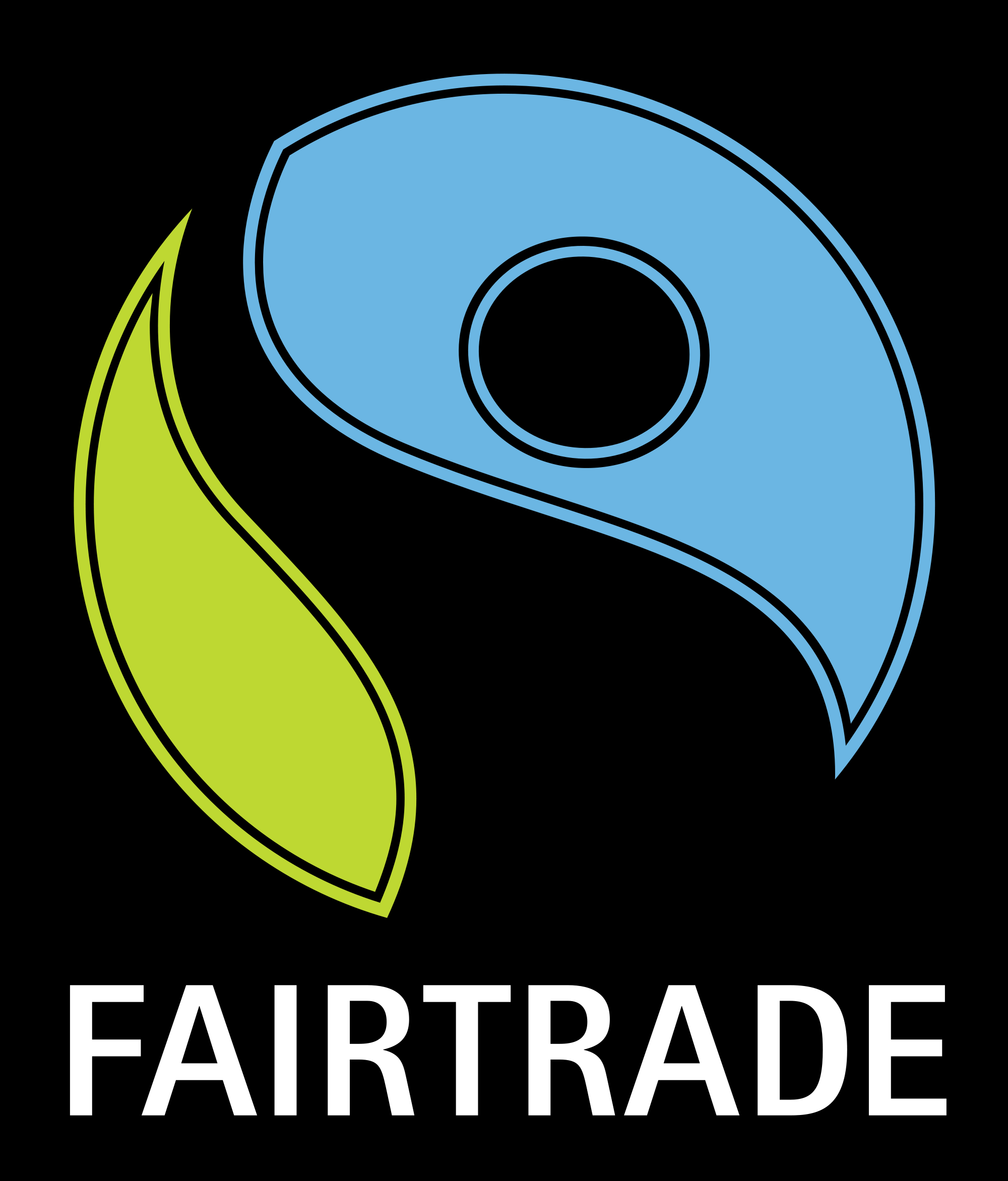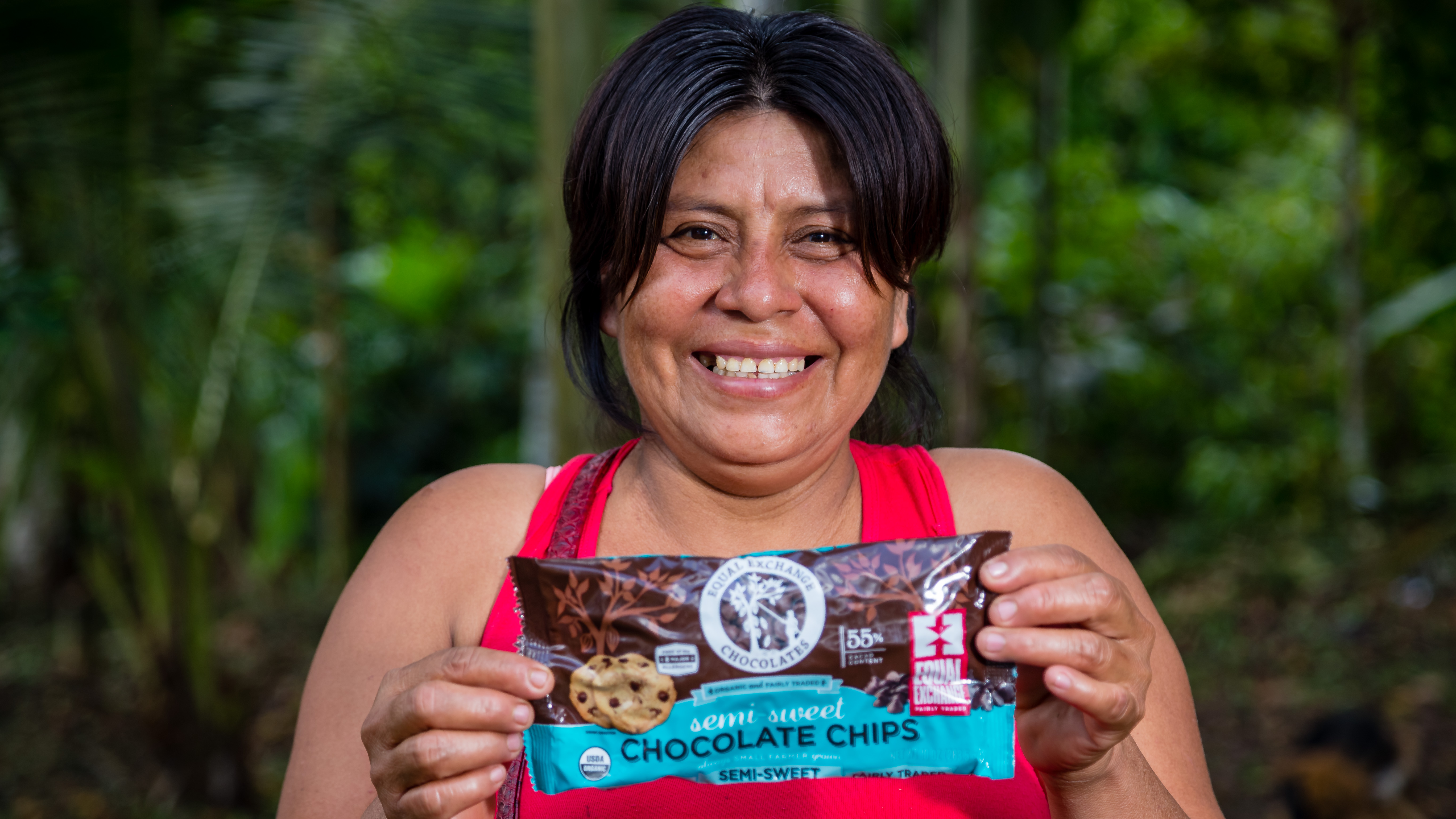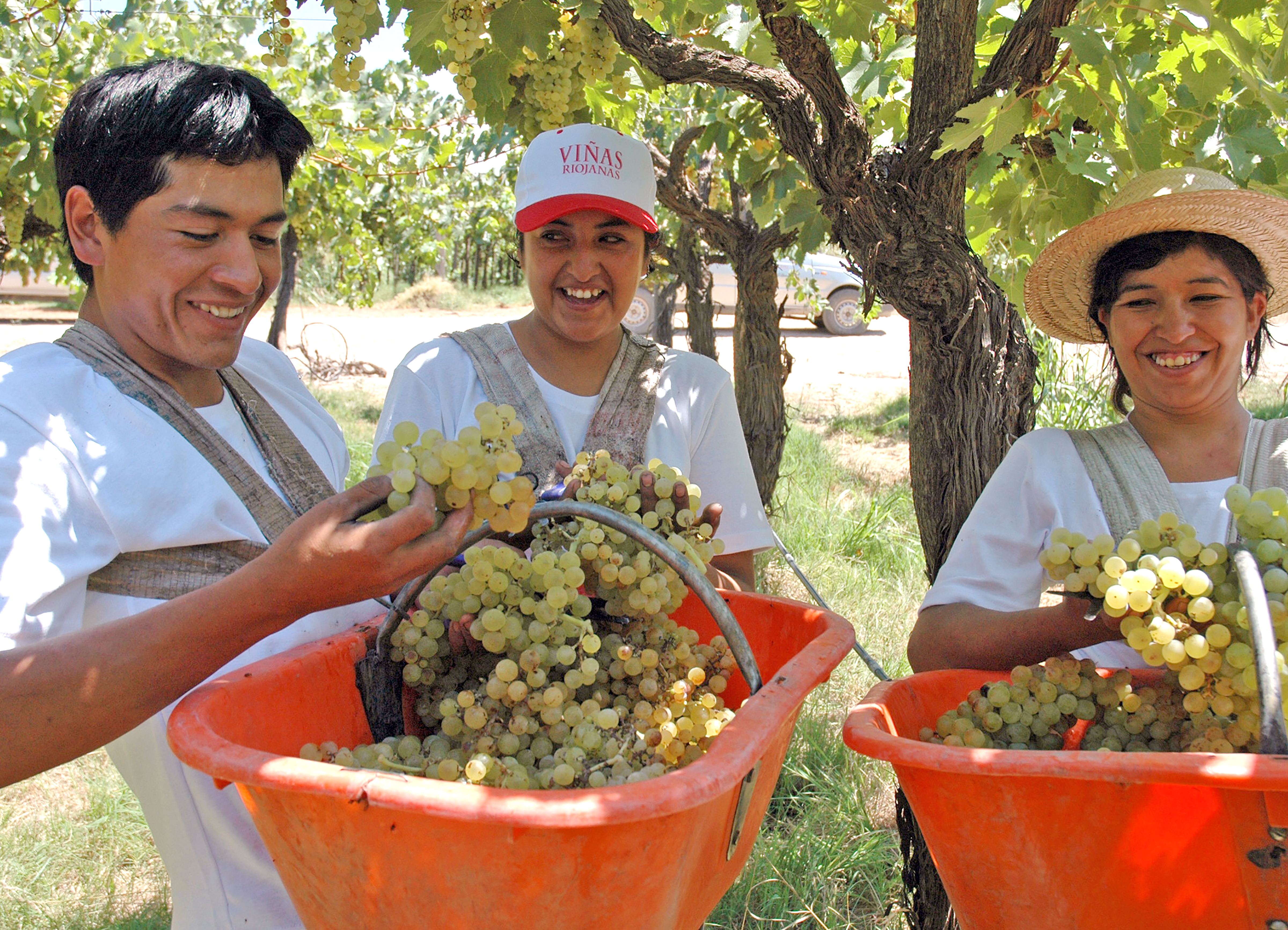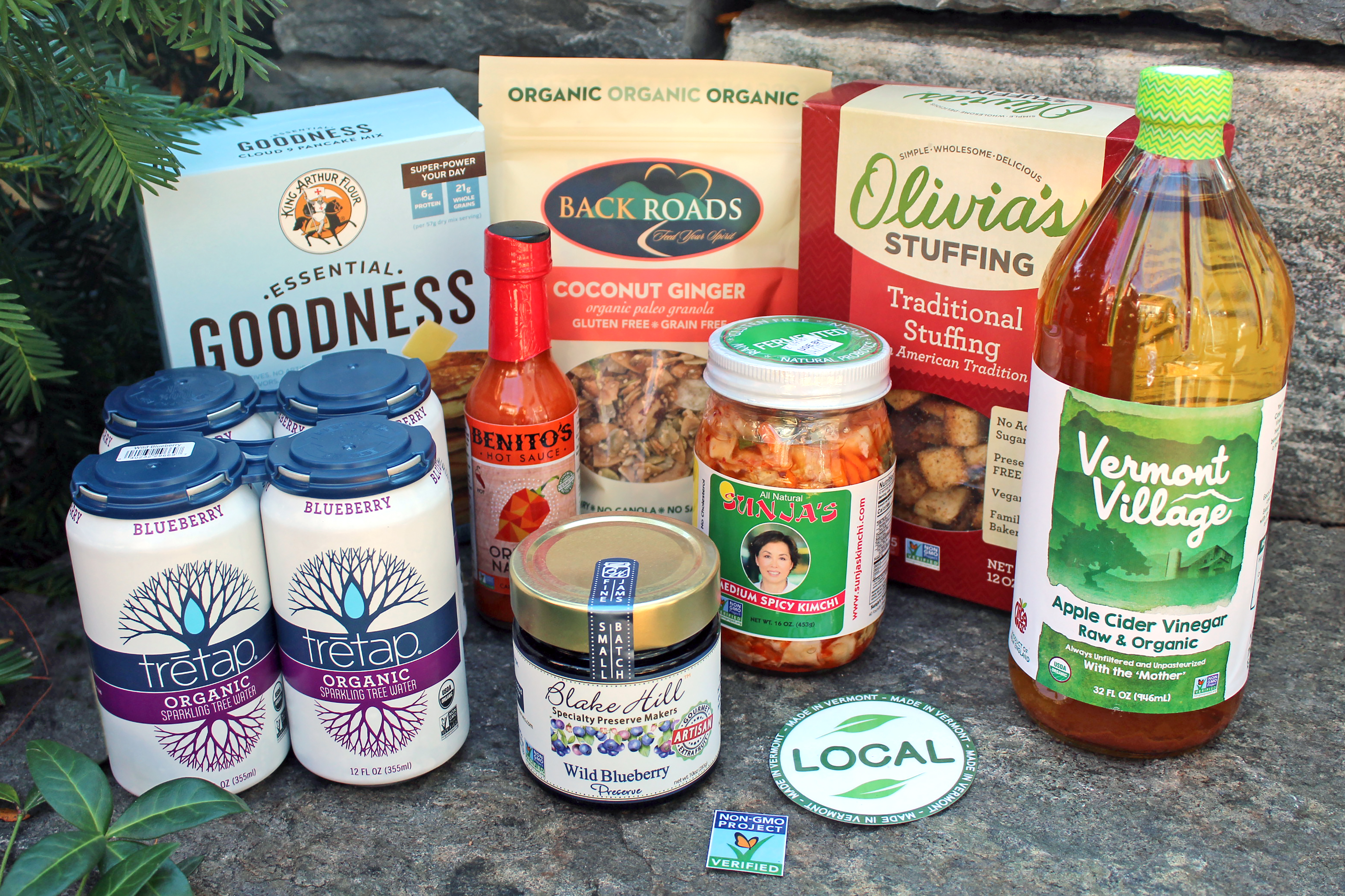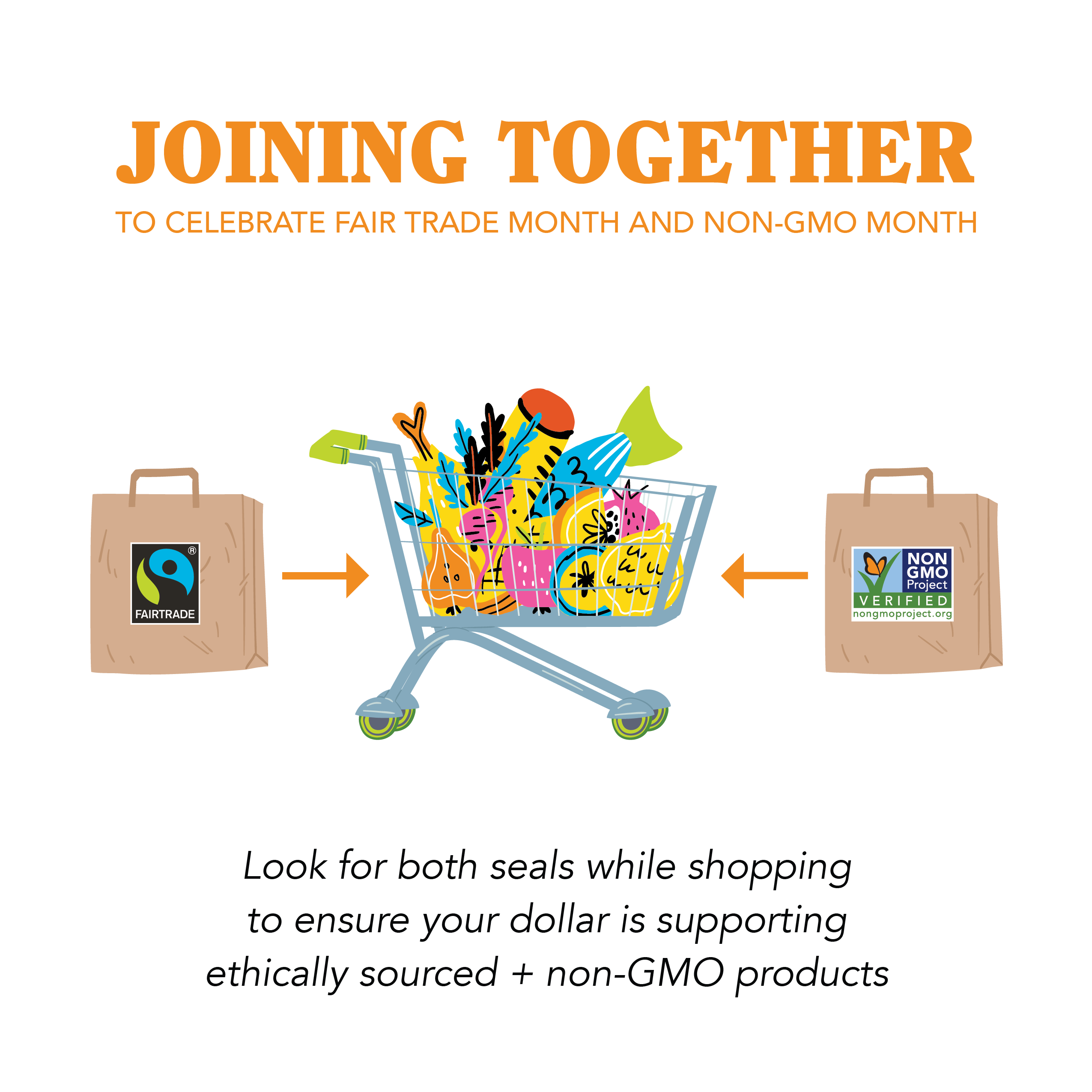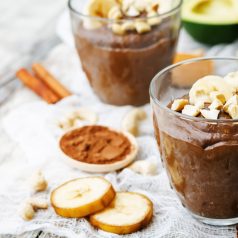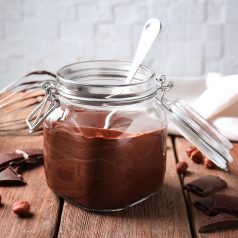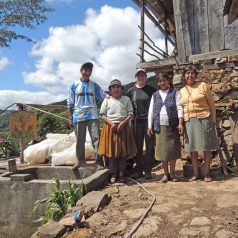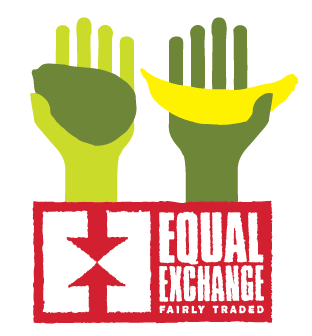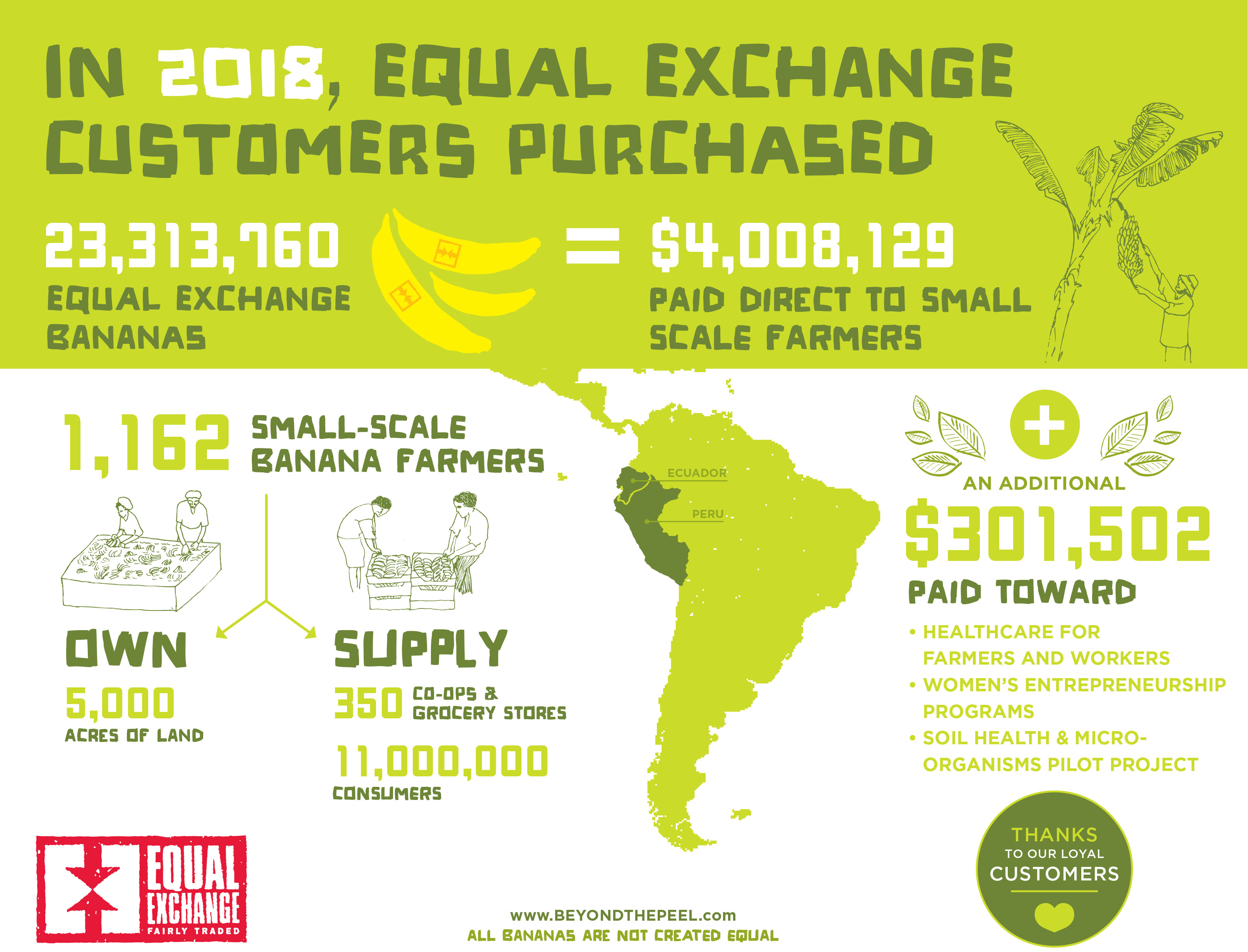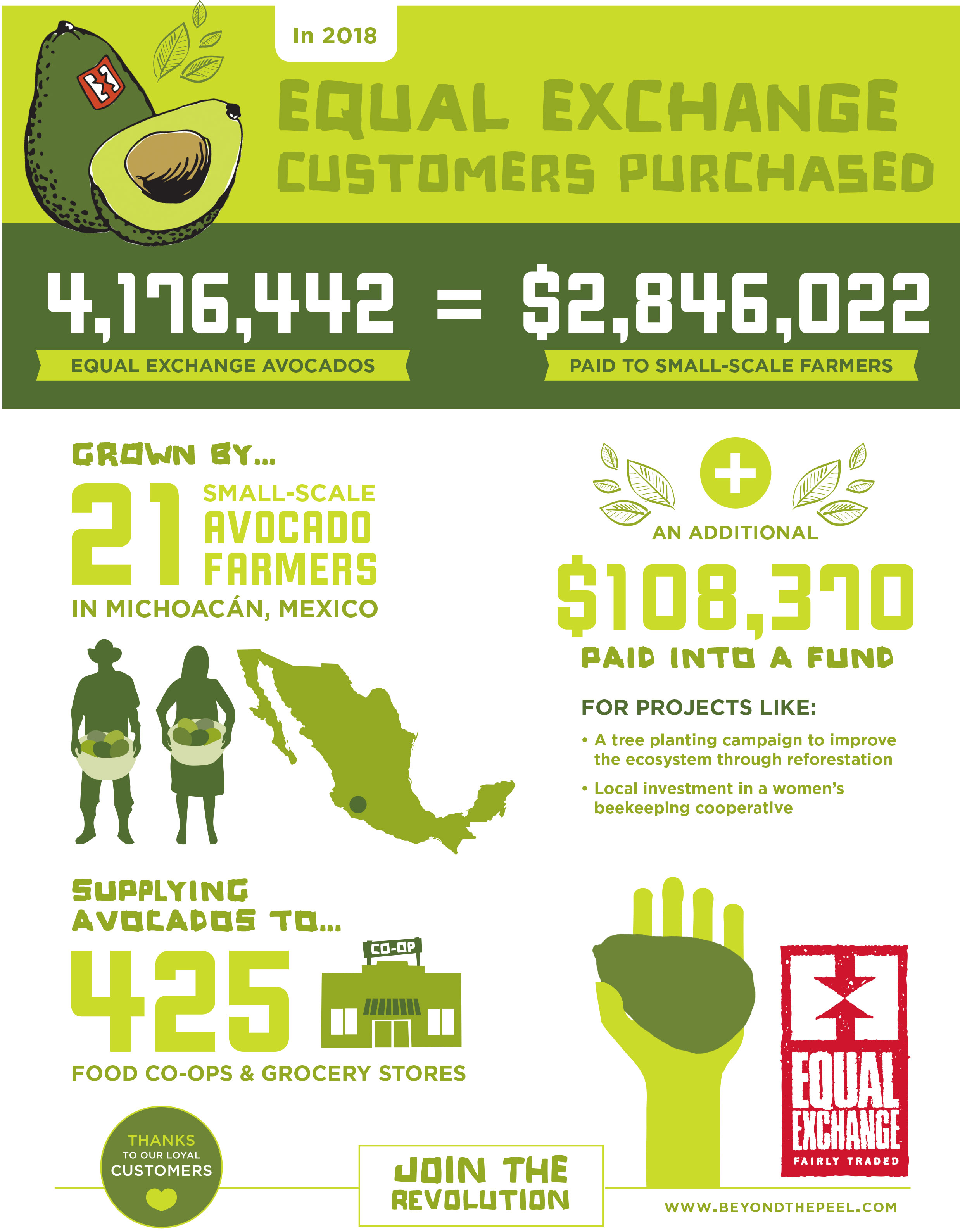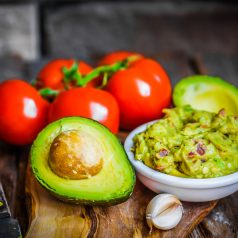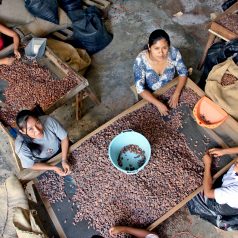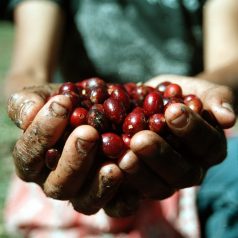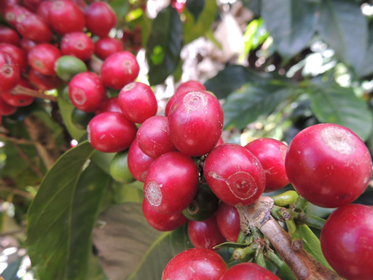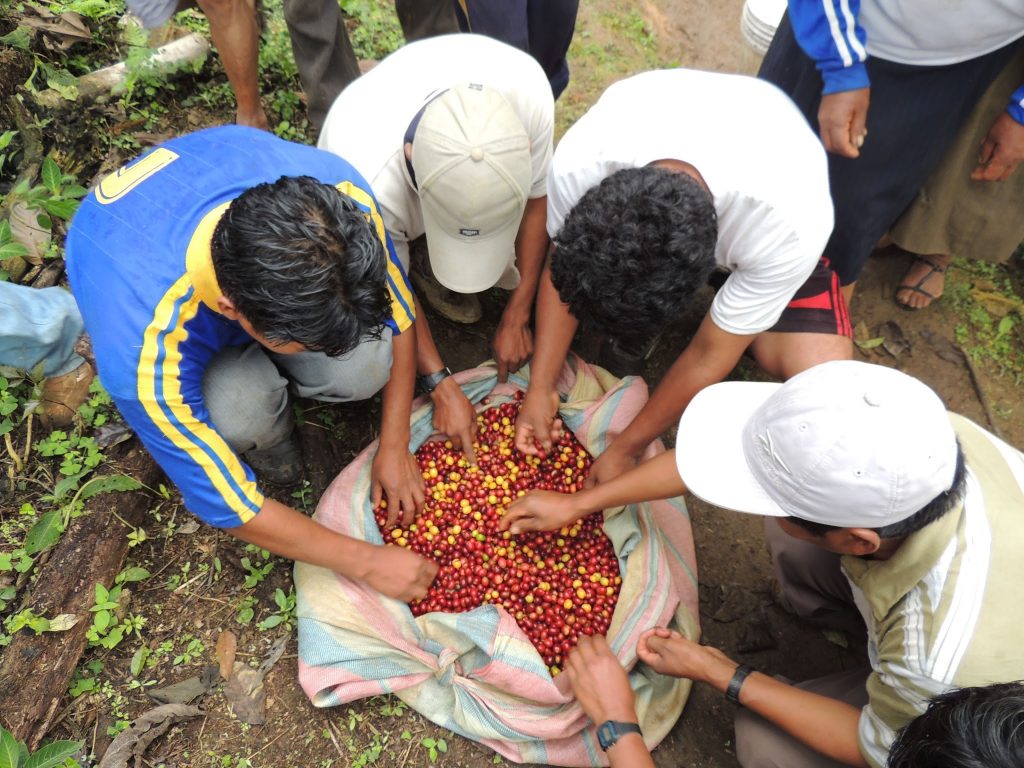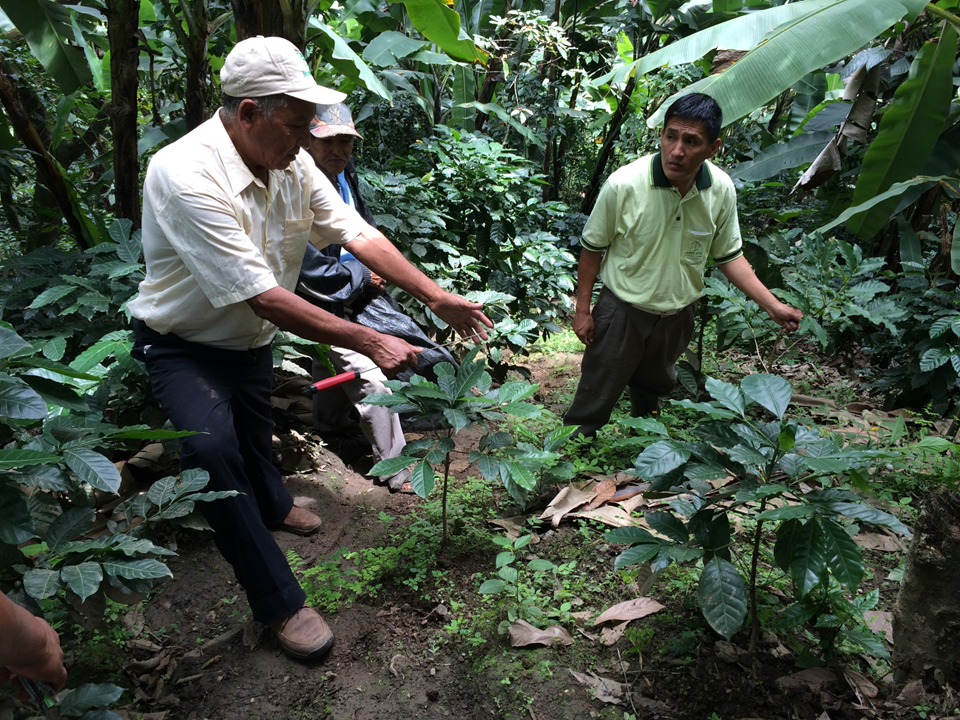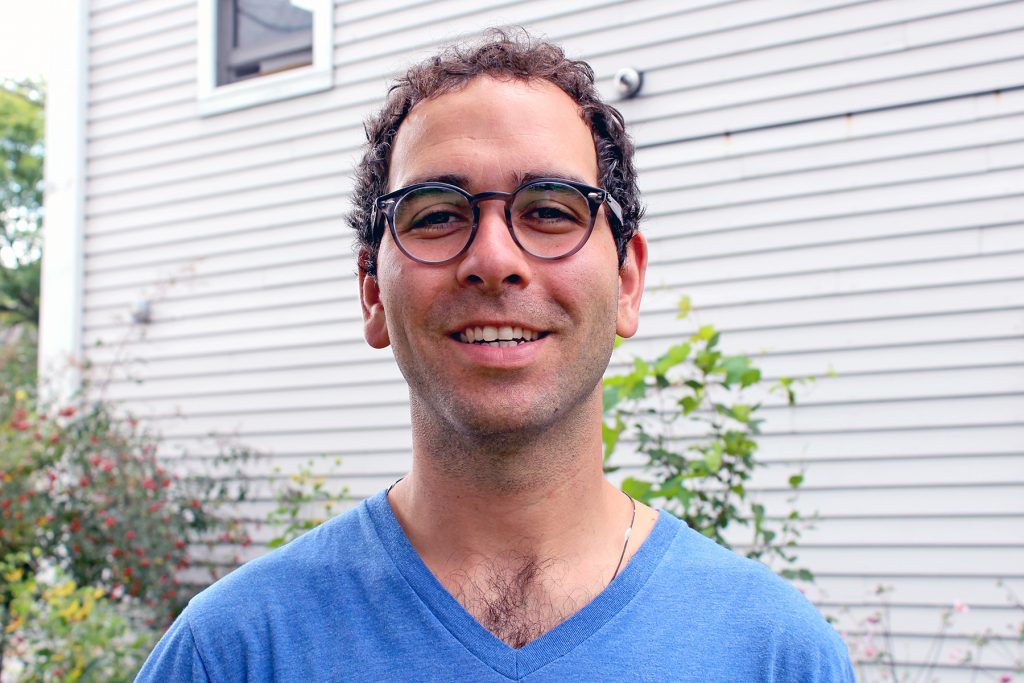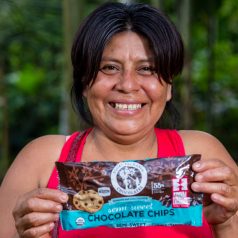
Spotlight on Equal Exchange
October is Co-op Month, Fair Trade Month, and Non-GMO month, so it seemed like the perfect time to shine our Member Deals Spotlight on Equal Exchange – a cooperative that is revolutionizing the fair trade of organic, non-GMO coffee, chocolate, cocoa, tea, bananas, and avocados from small farmers. All of their co-op produced, fair trade certified goods are 20% off for member-owners from October 15th – 21st! Read on to learn more about the ways that this cooperative is creating powerful change in industries dominated by profound social, environmental, and economic exploitation:
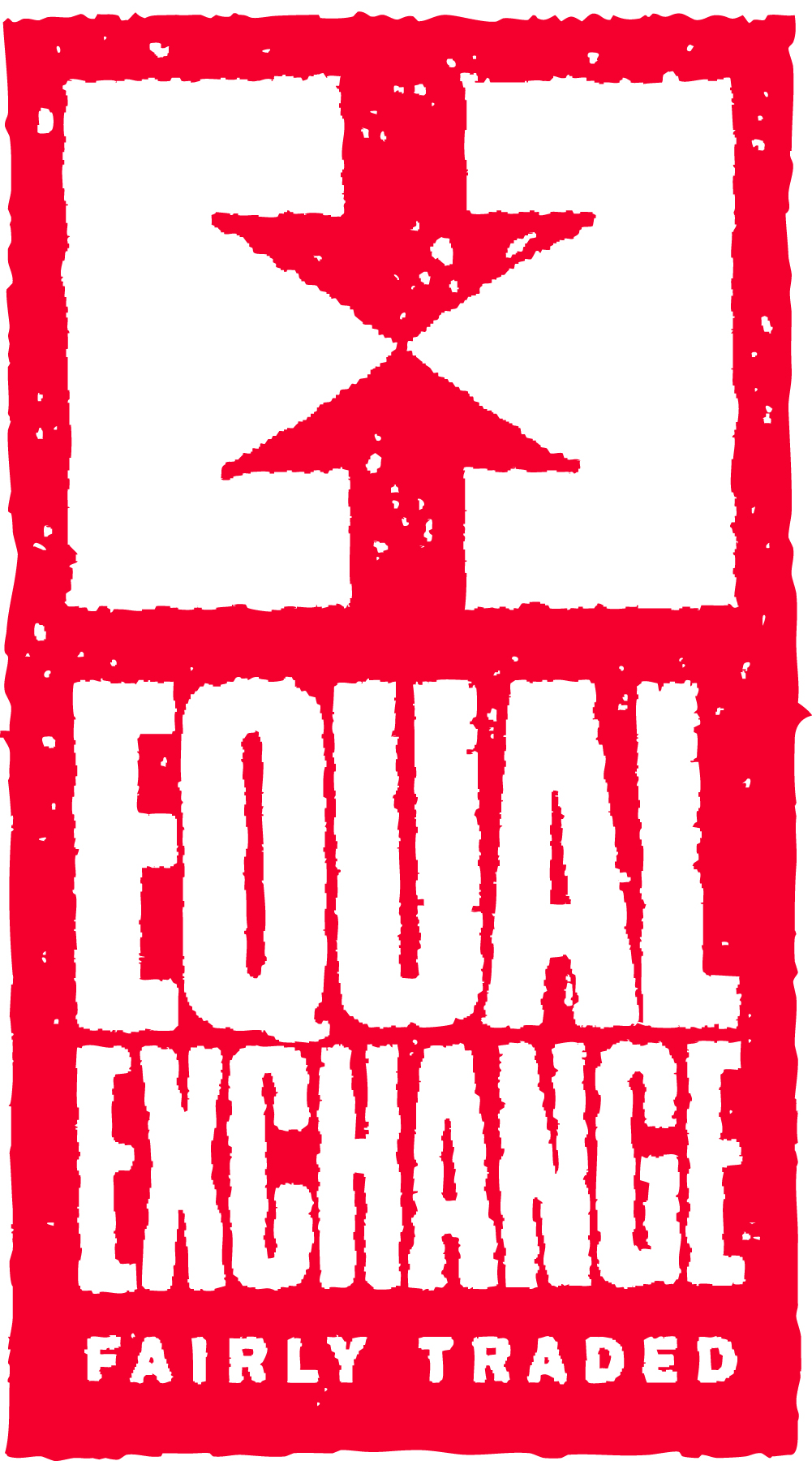
History:
Equal Exchange was started over 30 years ago to create an alternative trade paradigm where small farmers could have a seat at the trading table. The existing predominant trade model favors large plantations, agri-business, and multi-national corporations. Equal Exchange seeks to challenge that model in favor of one that supports & respects small farmers, builds communities, supports the environment, and connects consumers and producers through information, education, and the exchange of products in the marketplace.
Today, Equal Exchange is a thriving model of Fair Trade that has exceeded its founders’ original vision. With over 30 years of experience — a history replete with successes, failures, innovative partnerships, exciting new products, and inspiring stories — they are nevertheless humbled by just how far they still need to go. Over the next few decades, Equal Exchange seeks to engage and collaborate with like-minded partners and stakeholders throughout the Fair Trade system in an effort to continue to transform how business is done. Their vision includes breaking new ground by bringing Fair Trade home—by fostering direct relationships with family farmers here in the United States. Their collective achievements of the past 30 years prove that they can create change beyond their wildest dreams. To read more about their history, click here.
Equal Exchange – Who We Are. from The Perennial Plate on Vimeo.
Mission:
Equal Exchange’s mission is to build long-term trade partnerships that are economically just and environmentally sound, to foster mutually beneficial relationships between farmers and consumers, and to demonstrate, through their success, the contribution of worker co-operatives and Fair Trade to a more equitable, democratic, and sustainable world.
Authentic Fair Trade:
Authentic fair trade is central to their mission at Equal Exchange. The fair trade model gives small-scale farmers collective power and financial stability while improving farming communities and protecting the environment. To do so, it utilizes a particular set of business practices voluntarily adopted by the producers and buyers of agricultural commodities and hand-made crafts that are designed to advance many economic, social and environmental goals, including:
• Raising and stabilizing the incomes of small-scale farmers, farmworkers, and artisans
• More equitably distributing the economic gains, opportunities, and risks associated with the production and sale of these goods
• Increasing the organizational and commercial capacities of producer groups
• Supporting democratically owned and controlled producer organizations
• Promoting labor rights and the right of workers to organize
• Promoting safe and sustainable farming methods and working conditions
• Connecting consumers and producers
• Increasing consumer awareness and engagement with issues affecting producers
What Impact is Fair Trade Having on Farmers & Their Communities?
Bananas:
According to the USDA, the average American eats 27 pounds of bananas per year. That’s a whole lot of bananas – and a big opportunity for impact. The banana industry is infamous for unfair labor practices, dangerous working conditions, and perpetuation of global inequalities. You can read more about that here. Equal Exchange envisioned a total departure from this system when it first ventured into fresh produce in 2006 with bananas. Equal Exchange works directly with three small farmer cooperatives in Peru and Ecuador: AsoGuabo, CEPIBO, and APOQ. Through these democratically organized co-ops, farmers leverage collective resources and obtain access to global markets – maintaining agency over their business, land, and livelihoods.
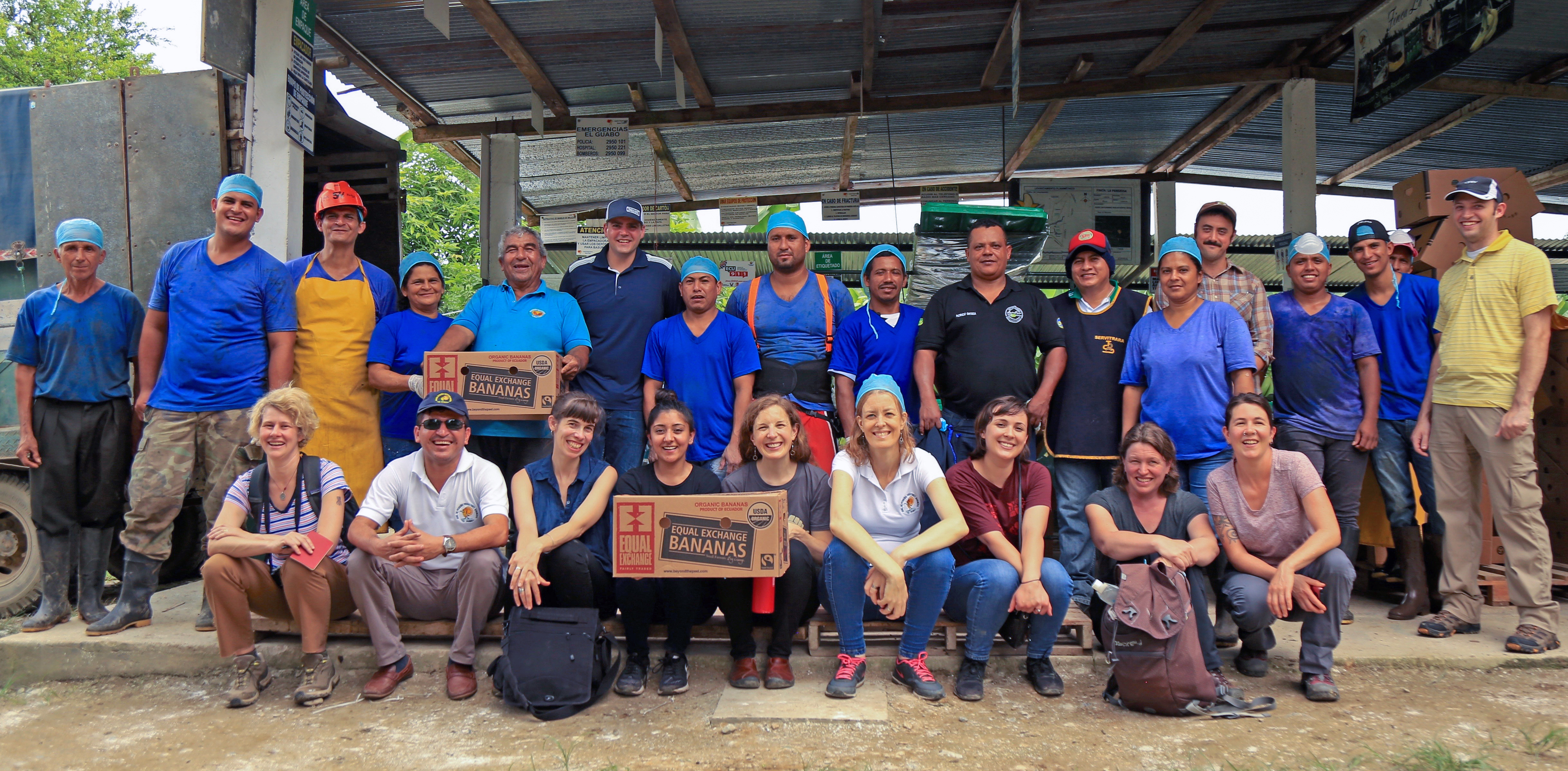
Together, Equal Exchange and their banana partners are creating a trade model that respects farmers, builds communities, and supports the environment. Buying Equal Exchange bananas from your local food co-op not only keeps money cycling through our community but also ensures that communities of farmers in Ecuador and Peru are receiving a fair price for their products, which then keeps money flowing through their communities, as well. In a way, eating fair trade bananas gives you a two-for-one, as you are able to support both your community and the cooperative community of farmers that grew the fruit. It may not have been grown physically close to our Co-op, but it creates an interconnected network of solidarity between communities. You are choosing to connect yourself to these courageous banana farmers who are making history for themselves, and quite possibly, for the entire banana industry. Click here to read more about the progressive small farmer banana cooperatives that partner with Equal Exchange.
Avocados:
In 2013, Equal Exchange partnered with pioneering farmer cooperatives in Mexico to establish a supply chain for Fairtrade, organic avocados. Their farmer partners are located in Michoacán, Mexico, considered the ‘avocado capital of the world’. Working together, they circumvent a largely consolidated and volatile industry to provide U.S. avo-lovers with the popular fruit.
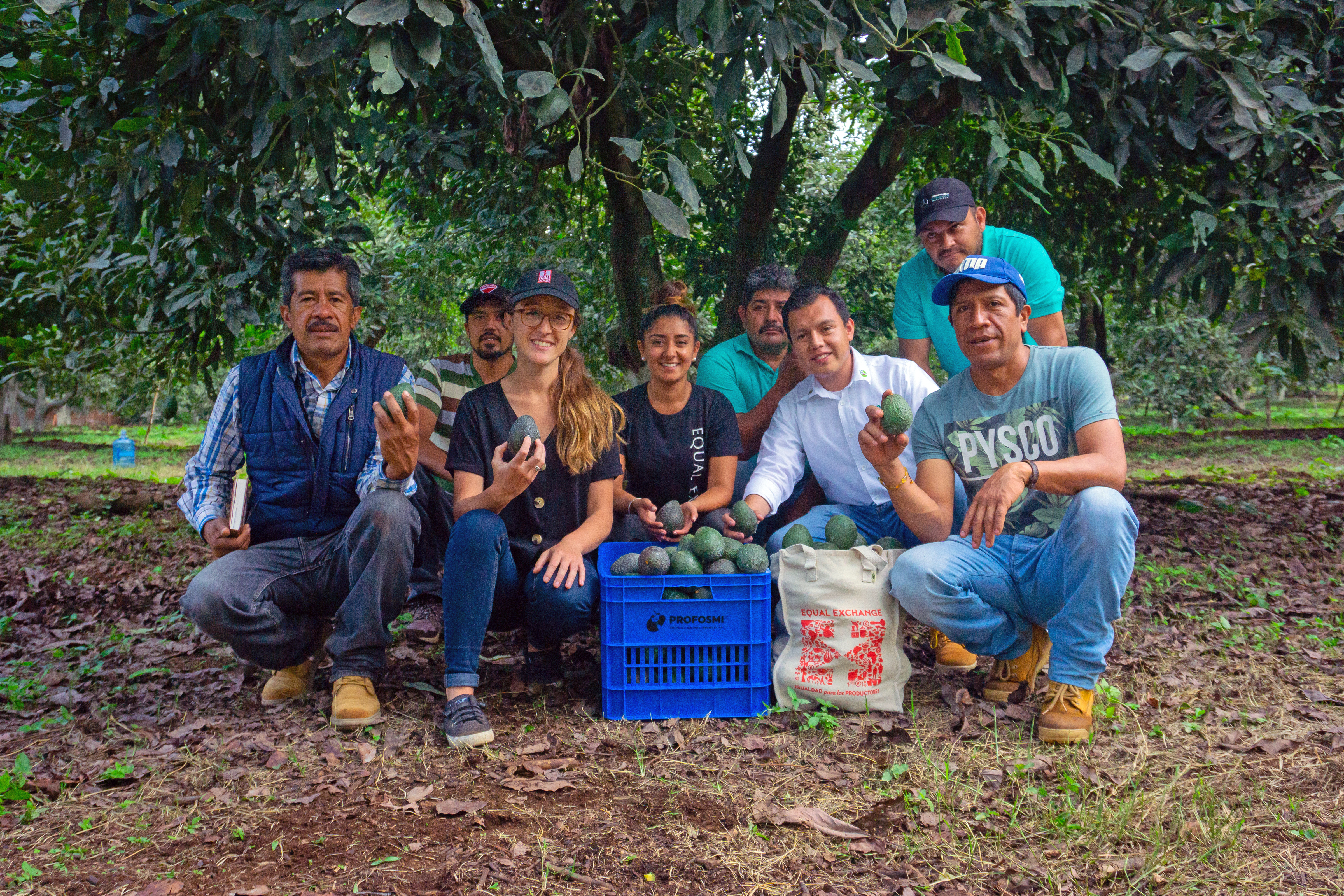
These two small-farmer cooperatives, PRAGOR and PROFOSMI, export directly to Equal Exchange. PRAGOR is composed of 20 producer members who each own an average of 10 acres of land, all 100% organic. Many of the members transitioned to organic 10 or more years ago, a revolutionary move at the time. On several of these farms reside the oldest Hass Avocado trees in the region, now 60 years old, still producing avocados. Despite the excitement each producer has for the future, a major challenge is finding trading partners who believe in their mission and will engage in the respectful and fair business relationship their members deserve. As you can imagine, there are not many organizations like Equal Exchange. PRAGOR’s strength and perseverance is a lesson for anyone committed to working for change in the world.
Farmer cooperatives increasingly recognize that production through industrialized agriculture methods has placed pressure on the natural environment, and have elected to weave environmental sustainability into their missions, vision, and goals. One such initiative is Las Mujeres Polinizadoras de Tingambato, a women’s apiculturist cooperative that was established by Equal Exchange’s partner cooperative, PROFOSMI. The initiative seeks to offer entrepreneurial skills to economically disadvantaged women through beekeeping. PROFOSMI used fair trade premium dollars to offset the cost of materials and technical training, and the women soon had the tools they needed to become an autonomous and independent cooperative.
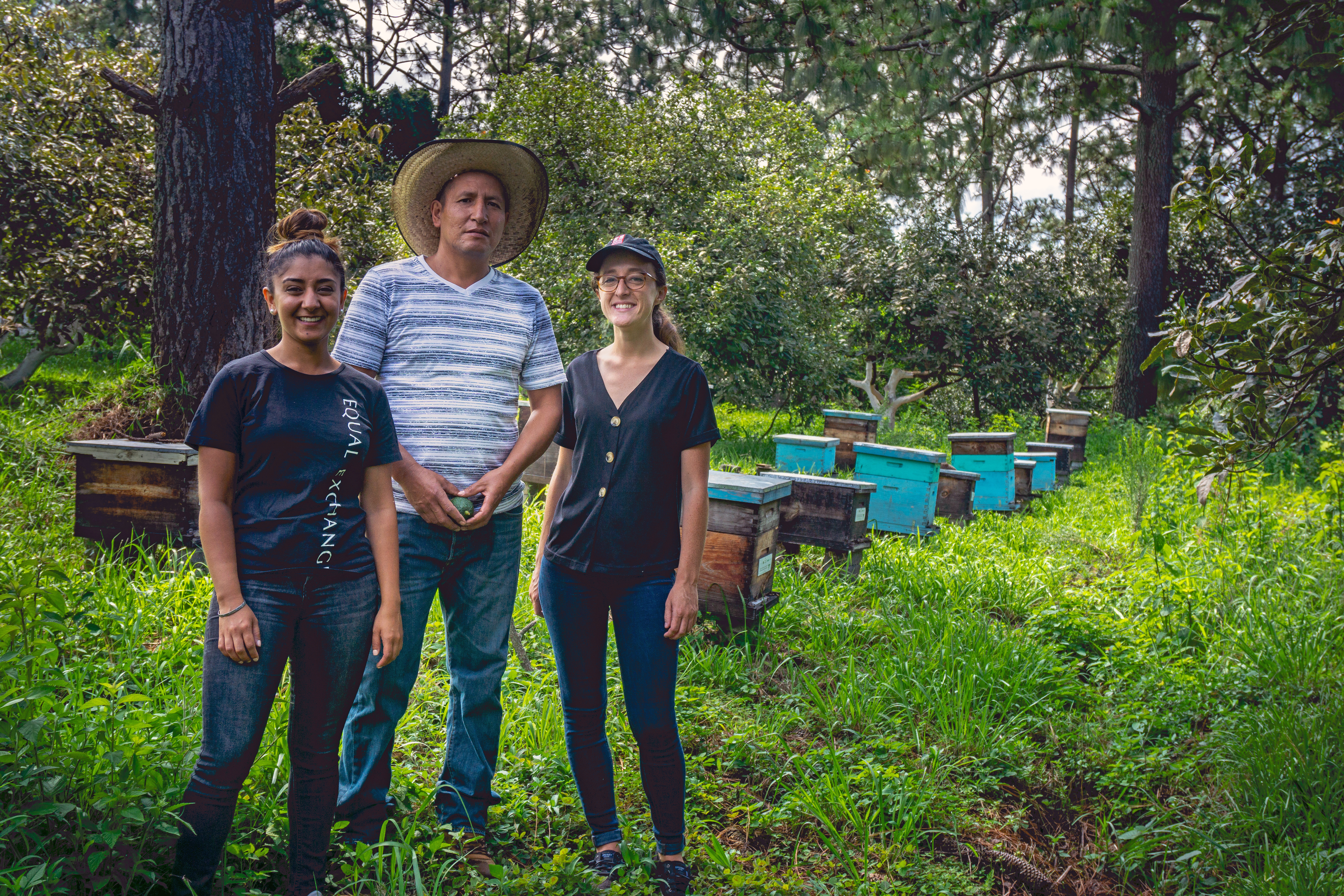
In an effort to maintain a year-round supply of organic, fairtrade avocados, Equal Exchange began a partnership in 2018 with LaGrama, a Peruvian company providing essential services to small-scale farmers in Peru. A major advantage for Peruvian avocados lies in their seasonality for exports, which roughly extends from May to August. This serves as a good complement to the Mexican export season, which lasts from August to May. After extensive research with industry partners and a sourcing trip to Peru, Equal Exchange was thrilled to find partners like LaGrama that align with their mission and vision for change in the avocado industry.
Coffee:
This is where it all began! Way back In 1986, the founders of Equal Exchange started their journey with a Nicaraguan coffee — which they called Café Nica — and they haven’t looked back. The impact over the years has been incredible and your purchases of fairly traded coffee have helped build pride, independence, and community empowerment for hundreds of small farmers and their families. One of their latest projects, the Women in Coffee series, highlights women leaders across the Equal Exchange coffee supply chain and represents an opportunity to spark community discussions around Fair Trade, gender empowerment, and relationships across food supply chains. You can find the featured Women In Coffee Series coffee, Congo Rising, in our bulk department.
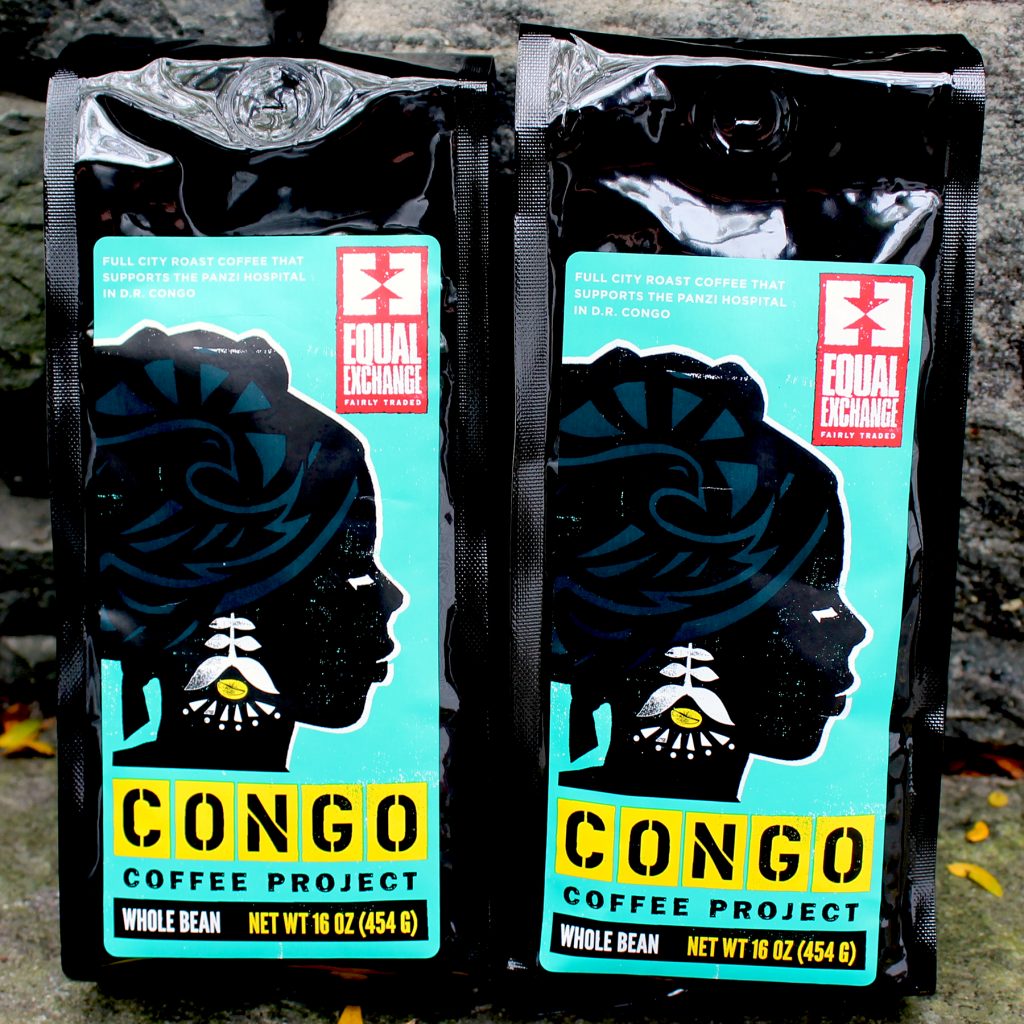
Another fantastic project brewing at Equal Exchange is their Congo Coffee Project. Equal Exchange founded the Congo Coffee Project with the Panzi Foundation as a means to bring Congolese coffee to market in the United States and raise awareness about the alarming rate of sexual violence that takes place every day. Sexual violence has affected thousands of people in the Congo over the last two decades, and for women, men, and children in need of medical attention there are not many options; they are sometimes ostracized, abandoned, or ignored with nowhere to go. Survivors of sexual violence seek refuge and assistance at the Panzi Hospital in Bukavu, DRC, a bustling place with more than 360 staff and thousands of visitors each year. The hospital treats patients with various ailments but has become known as a safe place for survivors of sexual violence to seek treatment and heal from their trauma.
Since inception in 2011, the Congo Coffee Project has raised more than $80,000 for survivors of sexual violence and Dr. Denis Mukwege, the physician responsible for treating survivors of sexual violence and raising awareness of their plight, was awarded the Nobel Peace Prize for his work. You can read more about that here and you can support Dr. Mukwege’s work by purchasing the Congo Project coffee in our Bulk Department.
Chocolate:
The global cocoa and chocolate industries are riddled with profound social and economic problems. Workers on cocoa farms are often subject to unacceptable forms of exploitation, including debt bondage, trafficking, and the worst forms fo child labor. The standard models for global cocoa trade have left farmers impoverished, economically vulnerable, and powerless to advocate for better conditions. The small farmer-grown cacao sourced by Equal Exchange demonstrates the power of alternative trade in an industry built on exploitation and forced labor. Under Fair Trade standards, the farmers and co-operatives must abide by key covenants of the International Labor Organization, including those forbidding inappropriate child labor, and forced labor. All Equal Exchange cocoa is sourced from Fair Trade, organic small farmer co-operatives in the Dominican Republic, Panama, Ecuador, and Peru. Even the sugar in their chocolate bars is fairly traded and sourced from a small-farmer co-op in Paraguay. To read more about child labor in the cocoa industry and the efforts made by Equal Exchange thus far to eradicate this issue, click here.
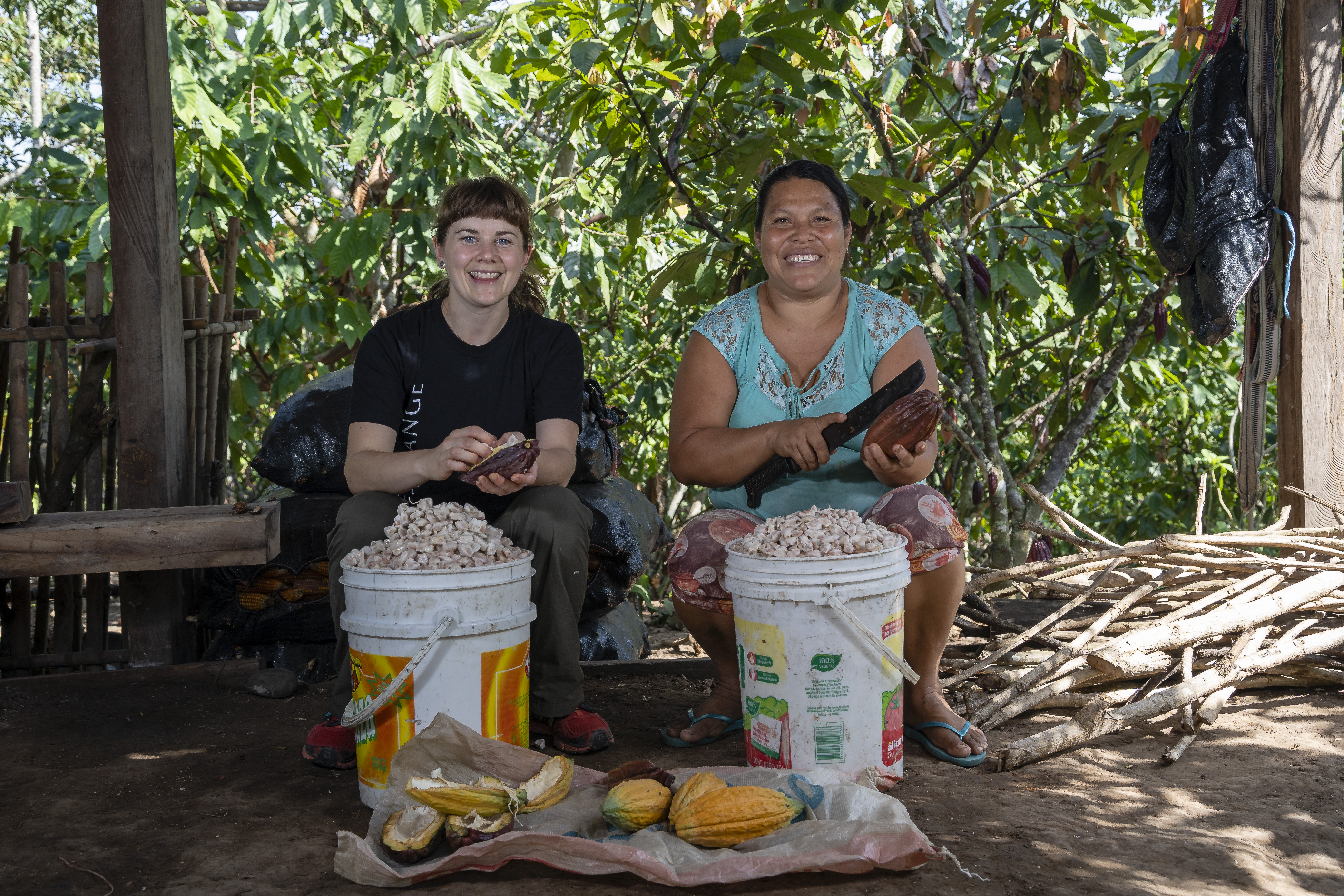
Supporting Small Cooperative Farmers During the Pandemic:
Equal Exchange works with farmer co-ops in over 20 countries, and their model is to actively seek and partner with marginalized farming communities. These remote communities face significant challenges during the best of times. During
a pandemic, the challenges become more acute. Equal Exchange intentionally works with farmers who have organized themselves into democratically-run cooperatives. They believe this structure helps change the balance of power long-term. They’re seeing that during the pandemic, the co-op systems have provided lifelines to farmers, helping them in ways that would not have existed were it not for the existence of the co-op.
- Cocoa co-op Acopagro in Peru used recent advanced Fair Trade premium payments from Equal Exchange to provide food, masks and cleaning supplies to co-op members in 2 different communities where they work.
- Coffee co-op members from San Fernando in Peru focused on the fact that they had productive land at a time when many of their children were living or studying in the city without reliable access to healthy food; they collectively filled a truck with their homegrown produce and delivered the food to their children.
- Banana co-op AsoGuabo in Ecuador used Fair Trade premium funds to purchase PPE for medical workers in the community and mobilized its logistics operations to transport medicines and supplies to local hospitals. This was critical support at a time when transportation was significantly restricted as a result of curfew measures.

